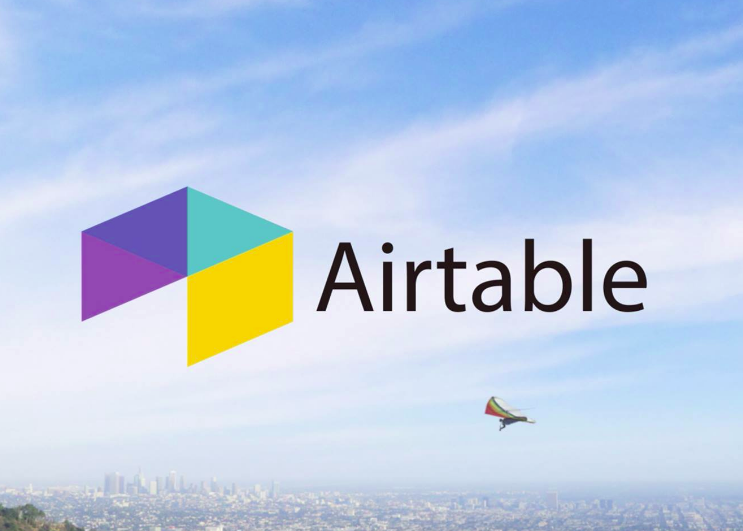 APPS
APPS
 APPS
APPS
 APPS
APPS
Airtable, an enterprise productivity software provider that combines the simplicity of spreadsheets with the power of databases, is getting into the low-code software development game.
The startup is expanding its platform with the launch of Airtable Blocks, enabling those with no previous coding experience to build useful business applications that can leverage new advances in Short Message Service, artificial intelligence and virtual reality technologies.
In addition to the launch, Airtable said its just closed on a $52 million Series B round of funding led by existing investors Caffeinated Capital and CRV, with participation from Slow Ventures and Freestyle Capital. The round brings Airtable’s total funding to date to $62.6 million, the company said.
Airtable made its name with its unique business productivity software that combines spreadsheets with databases so company employees can better organize business workflows and operations. The software, based on a proprietary relational database with an interface more akin to a spreadsheet so it’s easier to use, can be used for a wide variety of scenarios. For example, it can be used to create a simple shopping list or something more complex, such as a customized customer relationship management system for a team of salespeople
Now, the startup wants to make employees even more productive by giving them the power to build entirely new software applications via its new low-code platform. The basic premise of Airtable Blocks is that users can mix and match “blocks,” which are essentially the components of software applications, to create apps for specific purposes.
The company’s “SMS Block” could be used to send text messages to people listed in a database, for example. Alternatively, Airtable’s “Cloud Vision Block” could be used by the organizers of a music festival to create a dynamic lost and found system, the company said. Such a system would work by automatically tagging pictures of lost items by colors and object type, using the latest advances in machine learning for image recognition.
Airtable says it offers 27 blocks in total at launch, which can be mixed and matched to make a limitless number of business applications. “Custom apps that would have, in the past, cost hundreds of thousands of dollars to create, and taken months to build by a team of software engineers, can now be made in a matter of days by the users themselves,” said Howie Liu, co-founder and chief executive officer of Airtable.
With the new funding, Airtable can be expected to add newer blocks to its low-code platform over time.
Support our mission to keep content open and free by engaging with theCUBE community. Join theCUBE’s Alumni Trust Network, where technology leaders connect, share intelligence and create opportunities.
Founded by tech visionaries John Furrier and Dave Vellante, SiliconANGLE Media has built a dynamic ecosystem of industry-leading digital media brands that reach 15+ million elite tech professionals. Our new proprietary theCUBE AI Video Cloud is breaking ground in audience interaction, leveraging theCUBEai.com neural network to help technology companies make data-driven decisions and stay at the forefront of industry conversations.